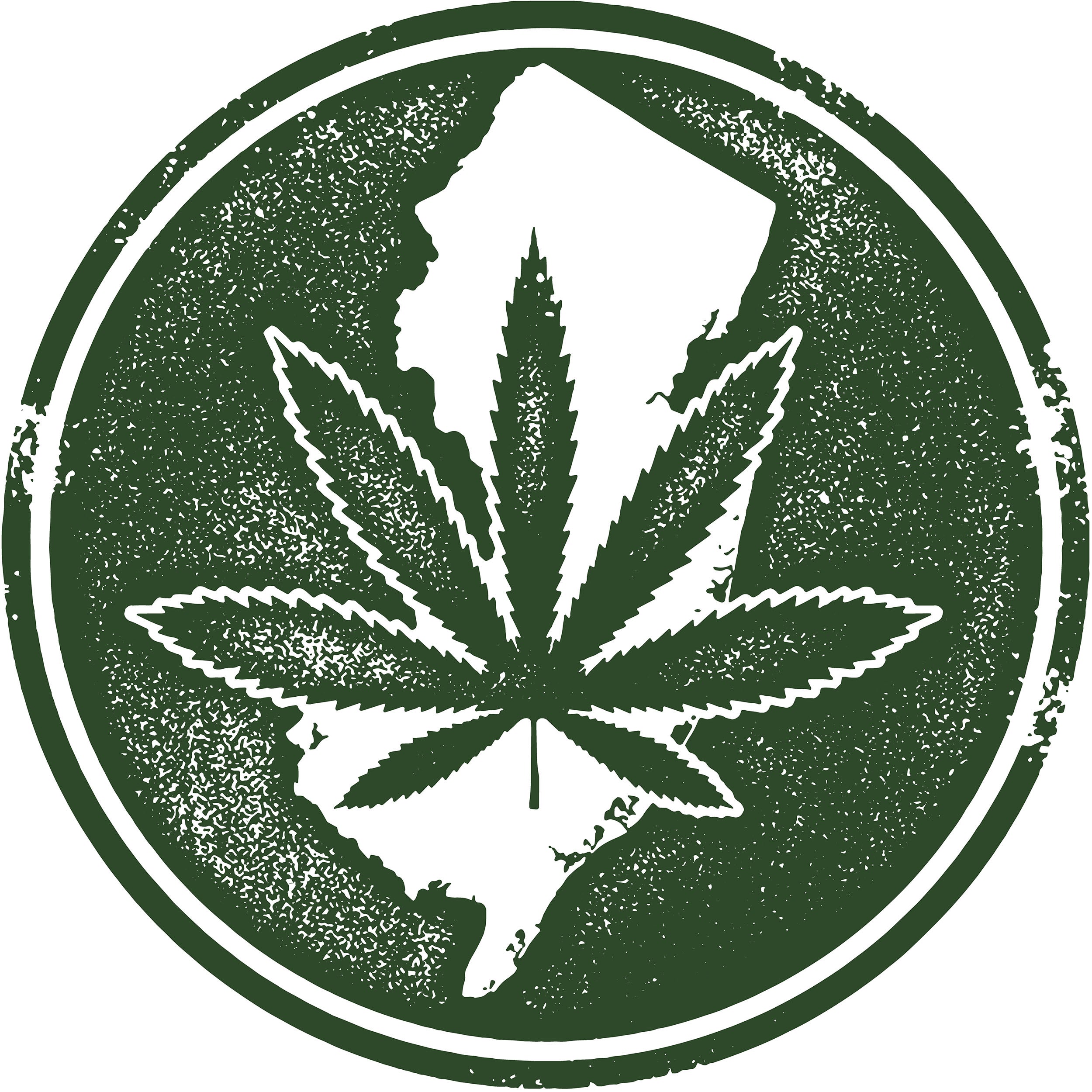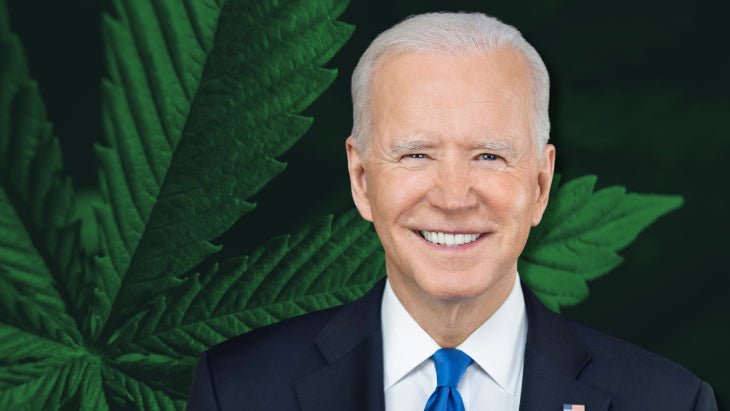The strong growth reflects a commitment by several native indigenous nations to expand their economies, affirm their sovereignty, and capture the first-to-market advantage in certain states.

New and emerging markets are often characterized by maverick individuals or groups that recognize the overwhelming economic potential of the developing sector and seize the chance to enter the industry at its genesis, thereby establishing an advantage over their competition.
During the internet boom of the late 1990s and early 2000s, dozens of start-ups and aspiring “dot coms” vied to control the mysterious and nebulous information super highway. However, only a few of those original pioneers survived and became synonymous with the now-ubiquitous, trillion-dollar industry.
Many of those titans of technology primarily succeeded because they were the first to market when attempting to establish a foothold in the, at times, bewildering frontier of servers, programming languages, and confused consumers. Google, Facebook, Twitter, and others toppled their largely forgotten and embittered competitors not so much because they had the best technology or products but because they were first and familiar.
Much of that same intrigue and industry drama is now playing out in the highly competitive and equally mystifying world of medicinal and recreational cannabis. While the diversity and technical ingenuity necessary to procure high-quality and distinctive cannabis product offerings can be complicated and intensely nuanced, most consumers tend to go with whoever opens first and provides the desired items at reasonable prices.
One group of Americans keen to incorporate that strategy of being first is the wildly diverse and business-savvy Native American community. According to MJBiz Daily, as of May 2024, there are now 57 tribally owned medical marijuana dispensaries and adult-use stores in nine states.
That number represents a roughly 25% increase since January 2023, with many businesses located on tribal lands and some on non-tribal land.
Because native tribes are sovereign nations, their cannabis laws tend to differ from state statutes. They can sometimes be more restrictive, but in most cases, tribal laws tend to be more permissive than those legislated by the state.
While a majority of tribal cannabis retailers sell adult-use products, many also provide medical marijuana programs to cardholding patients. For example, two tribal dispensaries in South Dakota and one in North Carolina currently offer medicinal cannabis exclusively.
Other notable statistics concerning Native American cannabis sales include:
- 75% of tribes with marijuana retail businesses also own and operate casinos (19 of the 57 retailers mentioned above are located near a tribal casino).
- Washington has the most tribal retailers (23) and the most tribes operating shops (18).
- Nevada is second, with ten tribal stores owned by eight different tribes.
- Most tribally-owned dispensaries are located in states with some form of state-regulated cannabis sales.
One notable exception to that last statistic is the Eastern Band of Cherokee Indians, which opened a massive 10,000-square-foot facility, complete with three drive-thru windows, a flower room, a kitchen for producing edibles, a glass-accessories shop, and a spacious retail floor with an array of budtender stations this past 4/20.
The new store is the only legal dispensary in North Carolina, where both adult-use and medicinal marijuana are illegal outside of the tribe’s jurisdiction.
Other states with relatively new and emerging tribal markets include Minnesota and New York. In May 2023, the Minnesota state legislature passed a measure legalizing adult-use cannabis in the North Star state. However, licensed and regulated sales are not expected to begin until Spring 2025 at the earliest.
To fill the gap during that interim period, several Native American tribes, including the Red Lake and White Earth Nations, have opened and begun operating adult-use dispensaries to service the needs of eager cannabis customers in the northern part of the state.
In addition, the Mille Lacs Band of Ojibwe, located closer to the Twin Cities, is building a gigantic 50,000-square-foot cannabis cultivation facility as part of a seed-to-sale operation to capitalize on the much-anticipated demand. Likewise, the Prairie Island Indian Community will open a new recreational marijuana dispensary sometime this summer.
In New York, where the rollout of its adult-use cannabis market has been characterized as a “disaster” by the state’s governor, native tribes have opened three tribally-run stores since January 2023. Those sovereign nations opening stores include the Shinnecock Indian Nation, which opened Little Beach Harvest on tribal land in the Hamptons late last year, the Cayuga Nations, the Oneida Indian Nation, and the Seneca Nation.
With the U.S. government recognizing 574 Native American tribes, of which 350 are in the contiguous 48 states, the potential for even more expansion and growth is considerable.
While politicians and interest groups battle over legalization statutes and ballot initiatives in the remaining 25 states without legal recreational sales, millions (soon to be billions) of dollars are going directly to the coffers of Native Tribes willing to use their sovereign state status to grow their economies, without the shackles of partisan bickering and deep-pocketed political puppeteers.








































